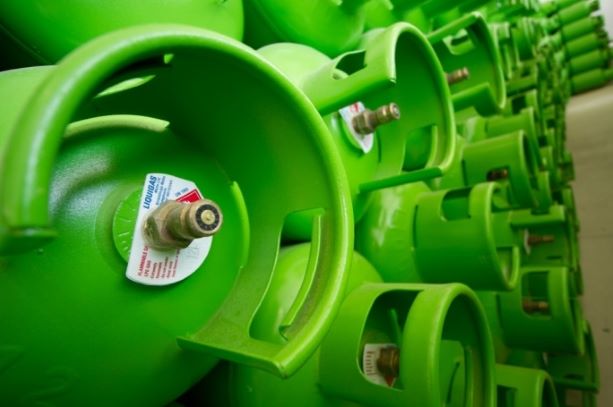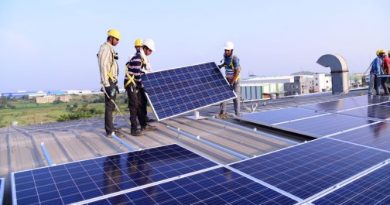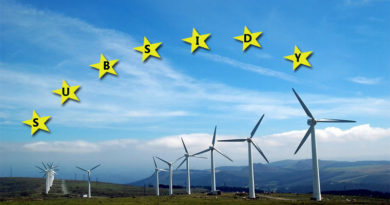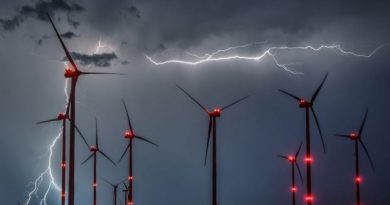UK Plans To Transition to Bio-Based LPG by 2040
 Green light to Bio-LPG
Green light to Bio-LPG
The UK’s liquefied petroleum gas (LPG) industry has said that it hopes to see a 100% transition to bioLPG by 2040.
Trade association Liquid Gas UK, the newly re-branded trade association representing the liquefied petroleum gas (LPG) industry in the UK has launched its new vision; laying the marker for the industry to transition to 100% bioLPG by 2040.
It says the shift to versions of the fuel made principally from vegetable oils, glycerol, sugar and waste could deliver a reduction in carbon emissions of up to 90%. The body also added that it is already available on the market today, bioLPG offers higher levels of reduction in carbon dioxide (CO2) compared to existing LPG.
The trade body also notes this could help provide a cleaner energy future for the almost two million off-grid homes in the UK, as well as thousands of businesses reliant on off-grid fuel sources, such as mobile caterers, rural manufacturers and farms.
George Webb, Chief Executive of Liquid Gas UK, said: “There are millions of homes across the UK that, unless undergoing a major redevelopment, a transition to electrified heating solutions is not affordable. These alternative options are also unlikely to consistently provide the levels of heating demanded by users.
“It is important that policymakers recognize a ‘one size fits all’ approach for off-grid energy will not work. Different solutions will be required for different types of buildings across the UK. As part of a mixed technology approach to decarbonization, bioLPG can support the UK Government and Devolved Administrations to achieve Net Zero.”
The organization says standard LPG already produces 33% and 12% less emissions than coal and oil respectively and can be blended with BioLPG to enable a gradual and secure transition to the lower carbon type of the fuel. The body notes that bioLPG is chemically indistinct from LPG and can be used with all existing equipment and appliances, making the switch easy and affordable.
Critics of biofuels have long argued that the emissions savings they deliver depend on the feedstocks used and the knock-on impact on land use. But the industry maintains that bioLPG can be produced using waste feedstocks that do not result in changes in land use. It also stresses that bioLPG will enable a phased transition to cleaner fuels as the industry’s supply chains expand.




